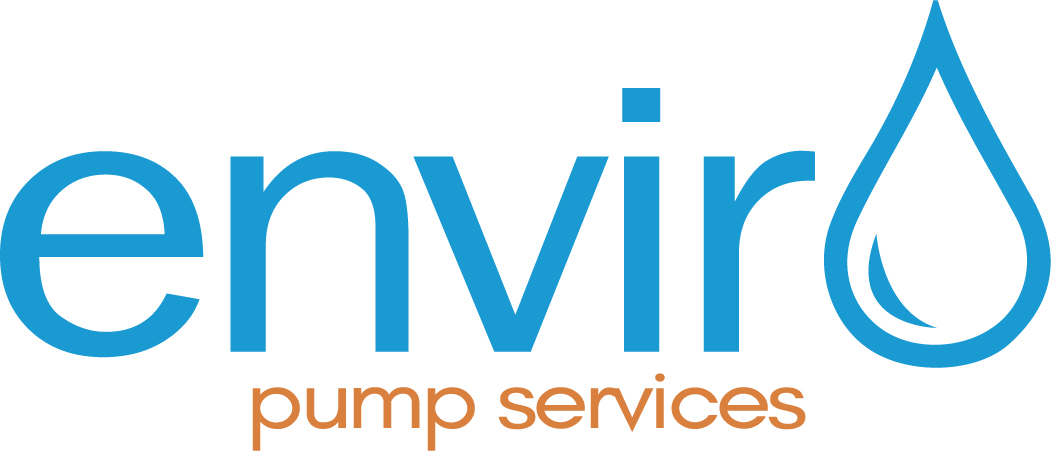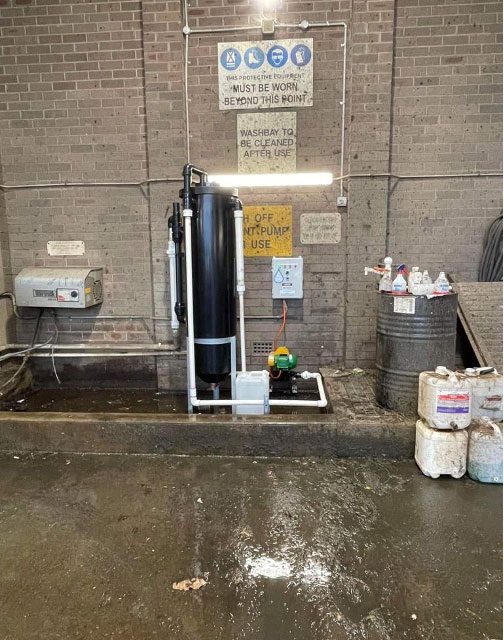An oil water separator may be needed by many different types of businesses, especially those which produce wastewater and dispose of it into public drainage, who are therefore subject to local compliance requirements. Businesses that need oil water separators include mechanics, service stations, car washes, food processing plants, and mine sites.
Are pumps needed for oil water separators?
There are various different types of oil water separators. Some of these require or work in conjunction with pumps, whereas others are more primitive. Types of oil water separator include coalescing plate separators, vertical gravity separators, and centrifugal separators.
The role of a pump in a system like this typically involves feeding liquid into the separator and disposing of the treated water after separation has occurred.
Without an appropriate pump feeding in liquid from a holding tank or other source, the oil water separator may experience compromised performance, and it may struggle to separate off the water from the oil in a compliant manner.
For example, if liquid waste is dumped into the separator without a steady flow, there is a risk of agitation and emulsion. Emulsion refers to the dispersion of small droplets of one liquid into another. If you took an eggbeater and whisked oil into water, emulsion would occur, and it is easy to visualise how it would be harder to separate the two after this has happened.
With an appropriately selected pump, installed by a pump services team, the separator is able to work as it is intended.
What pumps are most appropriate for an oil water separator?
This will depend on the application, but generally a diaphragm pump or a helical rotor pump will be most appropriate for feeding liquid into an oil water separator. These pumps have different actions but are both appropriate due to the minimal agitation they cause in the pumping process, when compared to other styles of pump including submersible pumps.
Even among these pumps, there are other factors that ought to be considered by your Sydney pump service when pairing a pump with an oil water separator. This includes the size of the pump in comparison with the quantities of water to be pumped and the separator size, with the decision-making to be influential in compliant separation.
A professional pump service such as Enviro Pump Services can also look to support you by setting up a control panel in a convenient location, undertaking a pit clean to ensure that you are meeting compliance requirements, and advising on related matters and maintenance. For example, we can advise on the risk of dry pumping, automation, sludge maintenance, and also on pumps on the other side of the system which move the separated water to the discharge point.
Who can help me with my oil water separators and oil water separator pumps?
For all your pump system needs including pump service, pump maintenance, pump repairs, pump installation, and oil water separators, contact Enviro Pump Services on 1300 141 315 or info@enviropump.com.au. Our Sydney pump service can also help with your storm water pump, after hours pumps, TMV testing, and RPZ devices.


